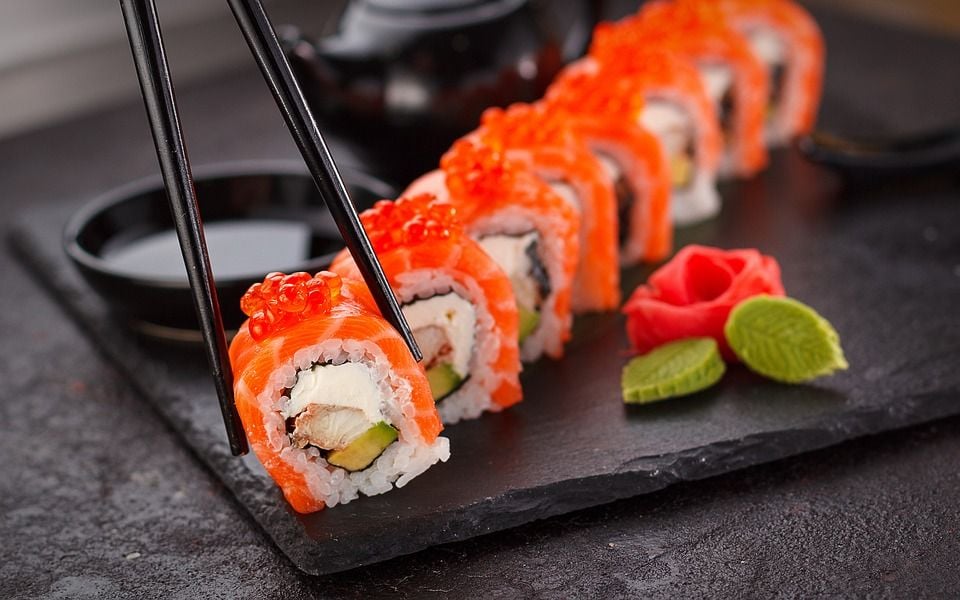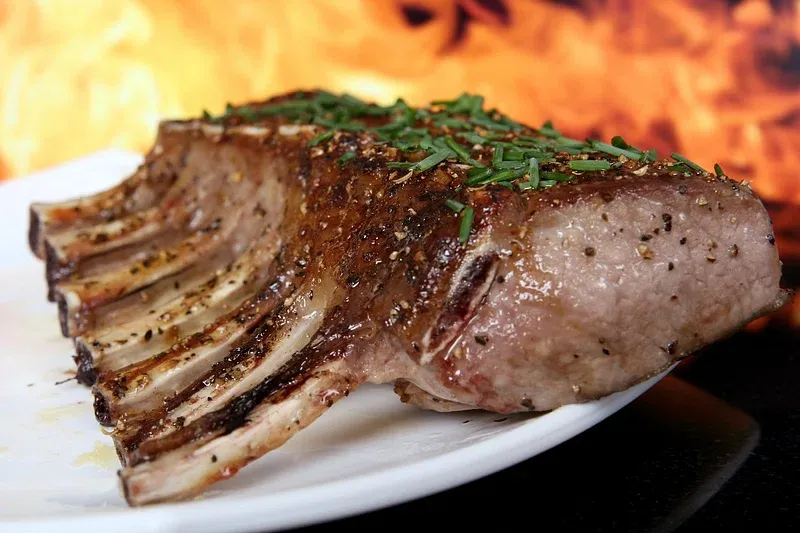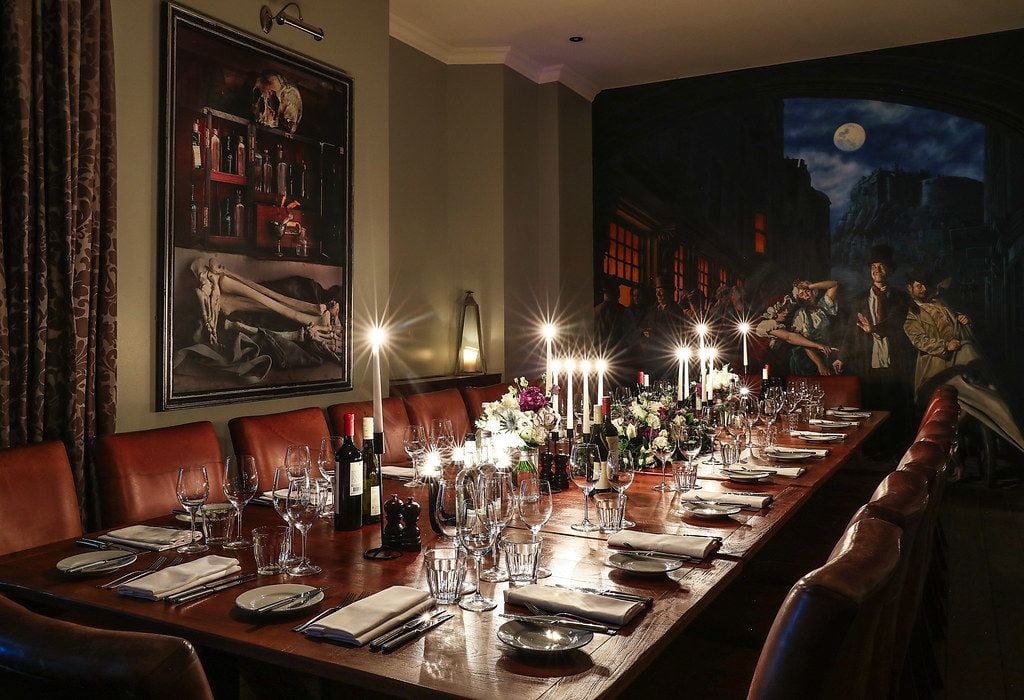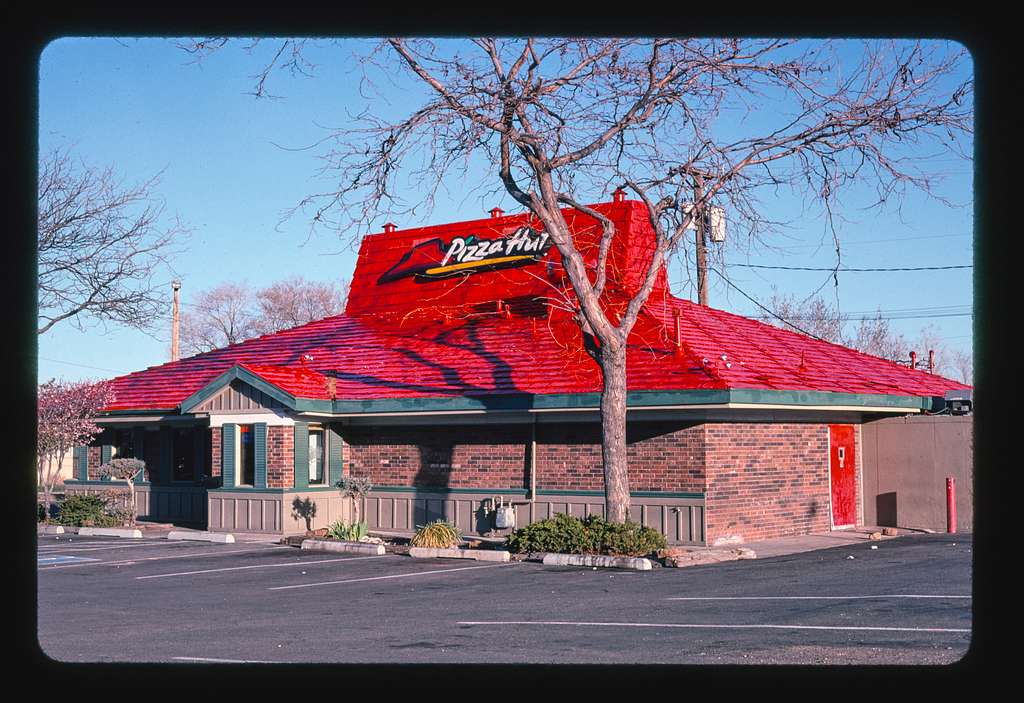
From Hot Dog Cart to Sushi Empire: The Story of Mr. Tuna
- Oct 9, 2025
After finishing high school without any clear plan ahead, Jordan Rubin did what any enterprising, food-loving teenager would do - he enrolled in culinary school. His dream? He'd be dining well and living the good life. Instead, he encountered the tough reality of the industry; nights spent eating over a trash can at the wee hours of dawn. Rubin's first gig out of school was manning the salad station at 10 Prime Steak & Sushi in Providence.
As it often happens in the food industry, an opportunity quickly presented itself; a sushi bar assistant failed to show up for work one day, and Rubin sprang to help. Though his own judgment of his initial efforts leaned towards 'terrible', he didn’t give up. His journey took him to sushi restaurants across New England and eventually to Portland, Maine, where he stepped out to launch his own sushi business.
Rubin's entrepreneurial venture, Mr. Tuna, began in an old hot dog cart he bought off Craigslist. His enticing menu, consisting of three hand rolls and three sushi burritos, was an instant hit. Ultimately, the success ushered Mr. Tuna to a food trailer and a brick-and-mortar location in May 2024, along with an expanded menu.
With the move to a permanent location, the food fare at Mr. Tuna evolved and became a delightful array of surprising, honest, and impeccable dishes. The essential draw was Japanese-inspired sushi, complete with elaborate donburi rice bowls, a vast array of hand rolls, and beautiful sashimi. Rubin's cooking drew from a global pantry, resulting in a stunning fusion dish like the Tuna de Tigre, which dressed creamy avocado and ruby-red tuna cubes with a coconut, fish sauce, lime juice, and bird chili sauce.
Sustainability is a deep-rooted commitment at Mr. Tuna. For instance, the Skin N’ Dip where crispy fried salmon skin replaces traditional chips and the off-menu tuna sashimi tasting that exhibits every bit of the fish, encompass the eatery’s dedication to the cause. Leftover materials are composted by a local farmer, upholding the commitment.
Sourcing is dictated by this adherence to sustainability as well. Atlantic bluefin tuna that migrate along the East Coast are the foundational ingredient. Rubin commented that the seafood, largely sourced from the Gulf of Maine, is all abundantly available and thriving. Depending on the season, menu items like uni or scallops might not make the cut. While some may find this a bit unorthodox, especially given the global supply chains prevalent in sushi, Rubin stays true to his local, seasonal approach.
Through the years, Rubin has worked tirelessly to foster lasting relationships with suppliers, ensuring he gets the best of their offerings. His dedication to quality and freshness sometimes lead Rubin to come off as demanding to his suppliers, but the result is a unique palette of delectable dishes ranging from seared tuna belly to tuna tartare, and from fresh scallops to a vinegary and bright potato salad. Every dish, every ingredient, is a testament to Rubin's journey from a salad station to the king of a sushi empire.






